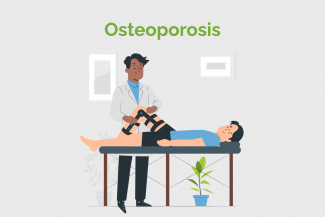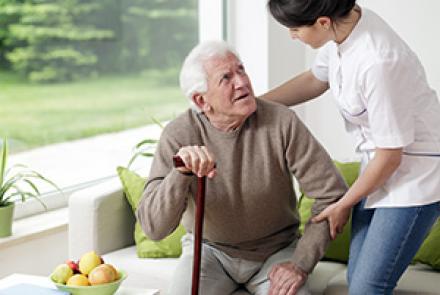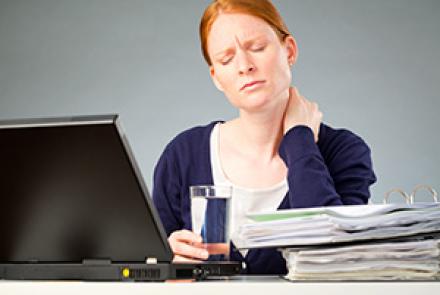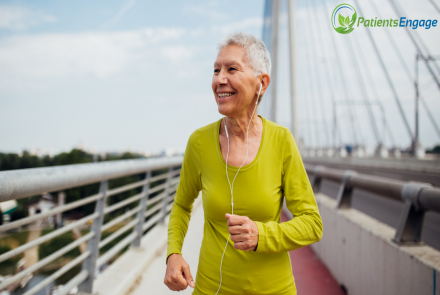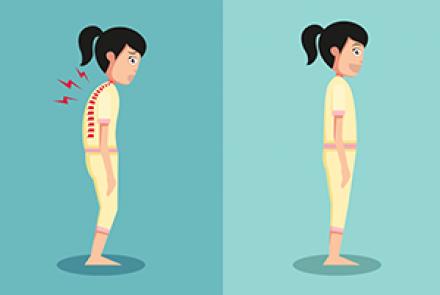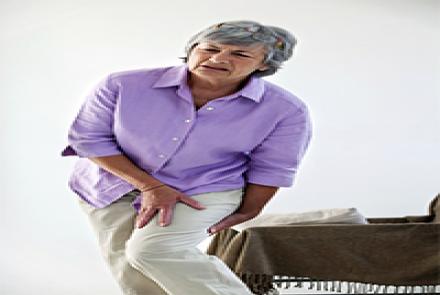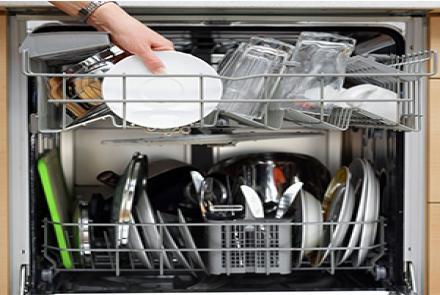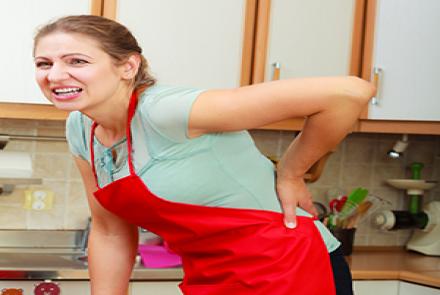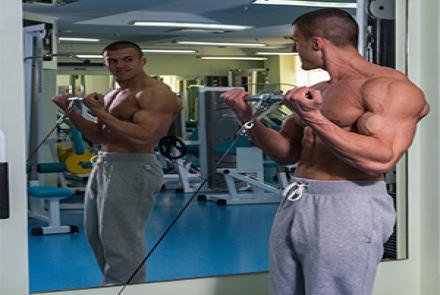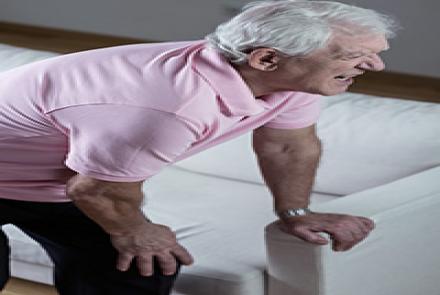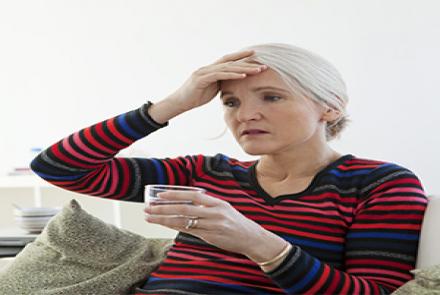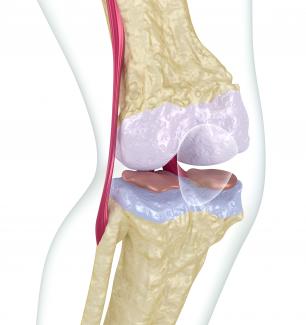
is a common condition, usually seen in the elderly, of diminished bone mass and low bone weight, which leads to fragile bones.
Bones are living tissue constantly being broken down and rebuilt by the body. During childhood and youth, you form new bone faster than you lose old bone. Between the ages of 18 and 30, you reach peak bone mass. As people age, bone loss increases. Osteoporosis occurs when the body doesn’t create enough new bone to keep up with the absorption or removal of old bone.
Every year, osteoporosis causes about 8.9 million fractures. According to the International Osteoporosis Foundation (www.iofbonehealth.org/facts-statistics), by the year 2050 50% of all osteoporotic hip fractures will occur in Asia. This is partly due to inadequate diagnosis and treatment, even in the most high-risk patients who have already had a fracture. And secondly, the problem is particularly acute in rural areas, which are most populous in countries like China and India. In India alone, the incidence rate is approximately 36 million.
This condition maybe either:
• Disuse osteoporosis: localised to a certain region
• Metabolic bone disease: involving the entire skeleton
Consequences of osteoporosis
These include:
- Osteoporotic bone fractures can cause significant pain, discomfort and decrease in mobility and quality of life. Bone fractures, particularly in the spine or hip, are the most serious complication of osteoporosis.
• In some cases, spinal fractures can occur even if you haven't fallen. The bones that make up your spine (vertebrae) can weaken to the point that they may crumble, which can result in back pain, lost height and a hunched forward posture.
• There is increased chance of recurring fractures.
• There is the possibility of long-term disability with extended home and bed rest.
• There is increased risk of developing pneumonia and blood clots. Blood clots can be fatal if they travel up to the lungs, causing pulmonary embolism.
References:
1. https://my.clevelandclinic.org/health/diseases/4443-osteoporosis#sympto…
2. https://www.news-medical.net/health/Osteoporosis-Symptoms.aspx
3. https://www.jaipurcare.com/health-tips/7-symptoms-of-osteoporosis/
4. https://www.medicalnewstoday.com/articles/early-warning-signs-of-osteop…
5. Image 1 - https://my.clevelandclinic.org/health/diseases/4443-osteoporosis#sympto…
6. Image 2 - https://www.news-medical.net/health/Osteoporosis-Symptoms.aspx
7. Image 3 - https://thegentledental.co.uk/cosmetic-dentistry/treatable-problems/rec…
8. https://www.ncbi.nlm.nih.gov/pmc/articles/PMC5768298/
9. https://www.bonehealthandosteoporosis.org/patients/treatment/nutrition/
10. Image 5 https://www.semanticscholar.org/paper/Osteoporosis-and-spinal-surgery-%…

